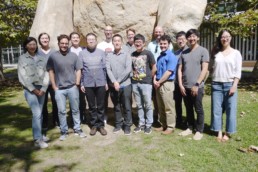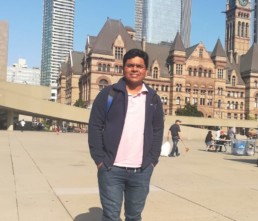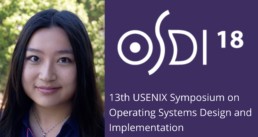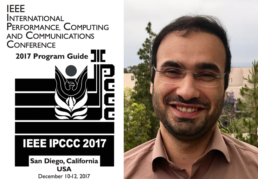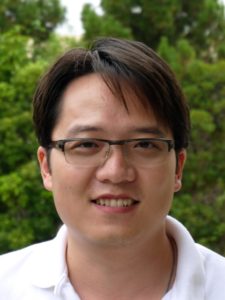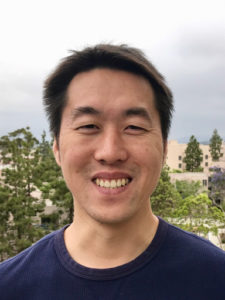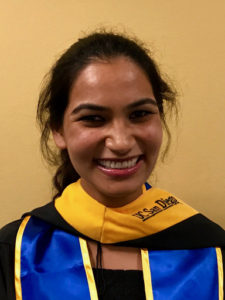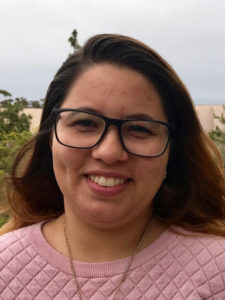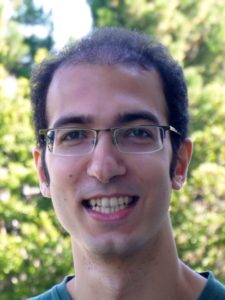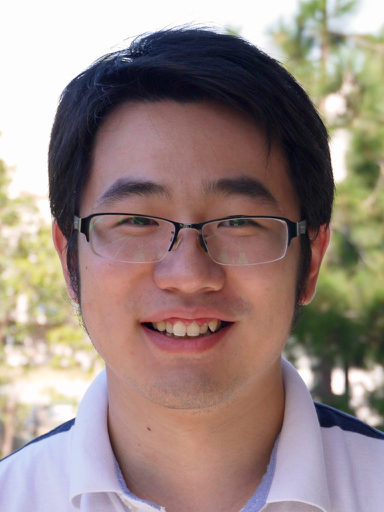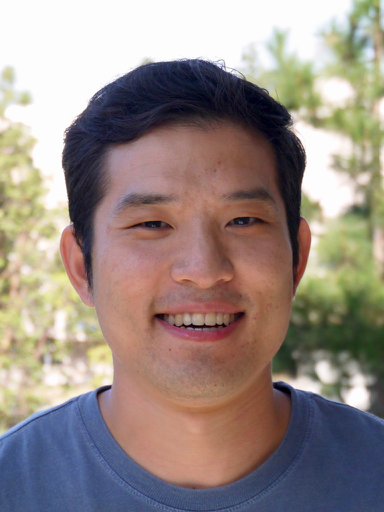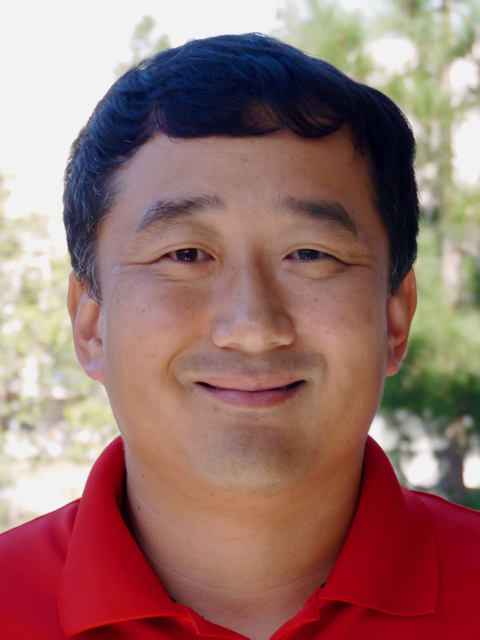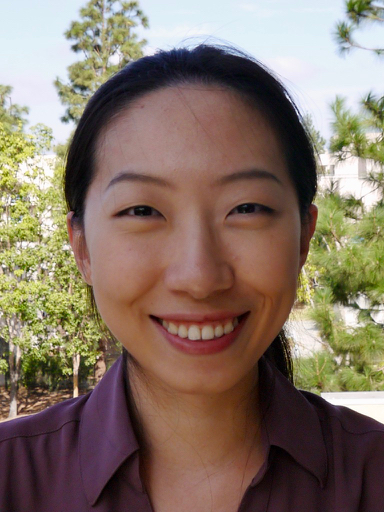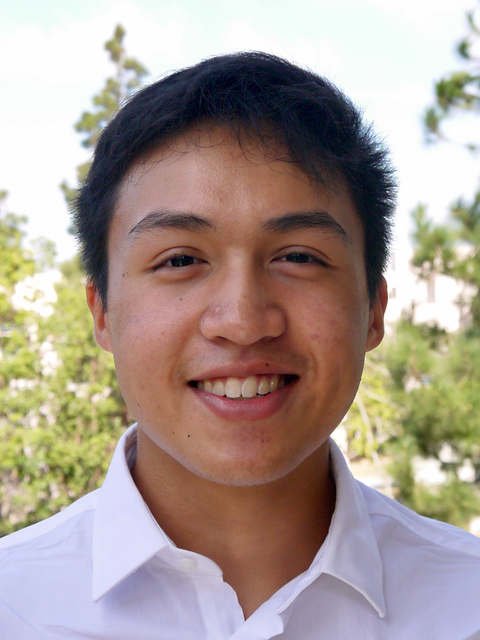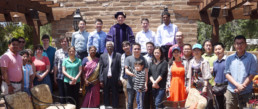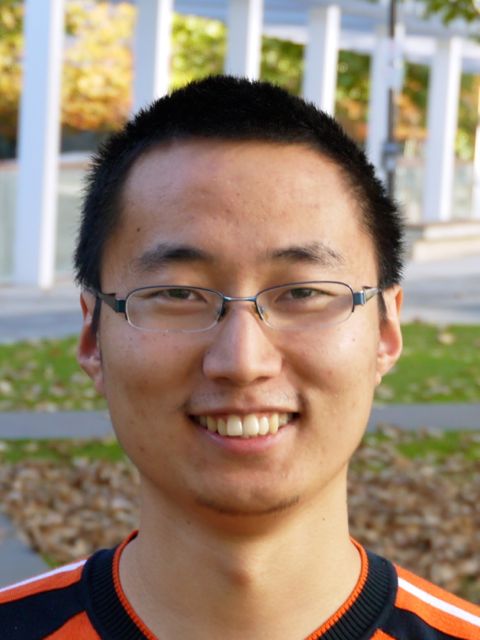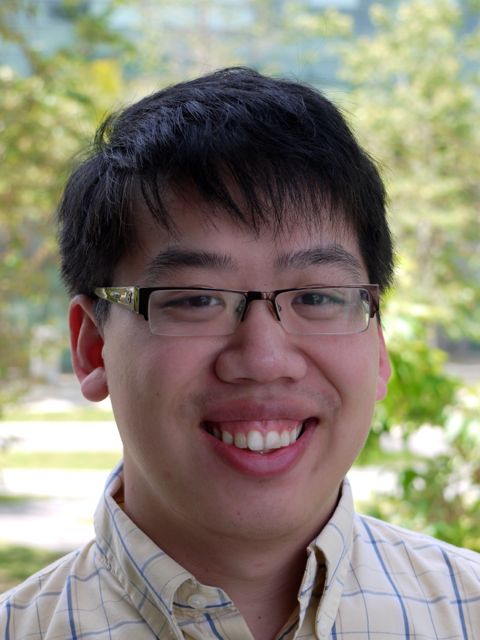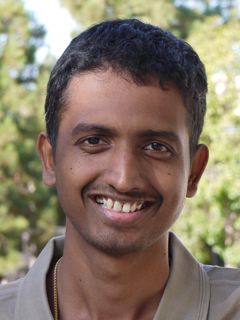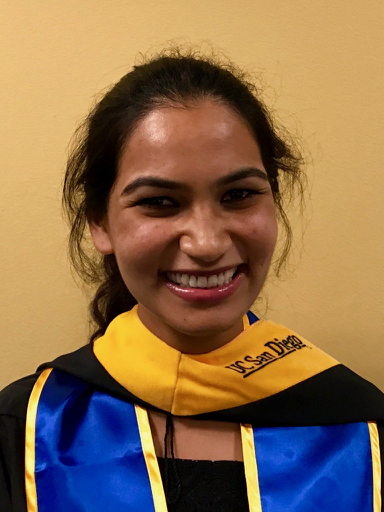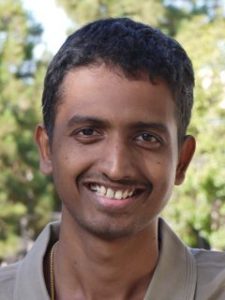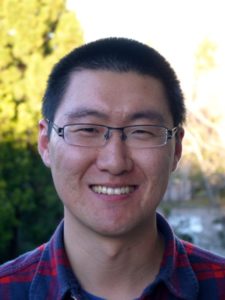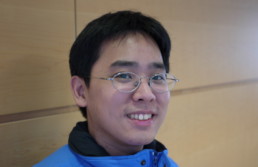NVSL News
New PhDs, New Students
Big changes this fall, and all of them good! In the last two weeks two new students have joined the group (Welcome TJ and Nara!) and two have finished their PhDs (Congrats Drs. Jian Yang and Lu Zhang!). We've also recently said a fond farewell to Joe Izraelevitz, a post-doc who's now a professor at CU Boulder. I look forward to great things from all them.
Kunal Goes to PODC
Newly minted Ph.D. and NVSL alumnus Dr. Kunal Korgaonkar jetted to Toronto to present his work on scalable, distributed algorithms that provide a path to realize large persistent memory systems. The work was presented at ACM Symposium on Principles of Distributed Computing (PODC) ‘19 - a flagship distributed computing conference. After graduating last spring, Kunal has taken a position as a postdoctoral research fellow at Technion (Israel) where he is working on building real in-memory computing systems from the ground up.
Former NVSL Postdoc Wins Best Paper Award at OSDI'18
Dr. Yiying Zhang (who was a post-doc in the NVSL until not too long ago) won the best paper award at OSDI 2018 this year for her group's paper "LegoOS: A Disseminated, Distributed OS for Hardware Resource Disaggregation". Here's the abstract:
The monolithic server model where a server is the unit of deployment, operation, and failure is meeting its limits in the face of several recent hardware and application trends. To improve heterogeneity, elasticity, resource utilization, and failure handling in datacenters, we believe that datacenters should break monolithic servers into disaggregated, network-attached hardware components. Despite the promising benefits of hardware resource disaggregation, no existing OSes or software systems can properly manage it. We propose a new OS model called the split kernel to manage disaggregated systems. Splitkernel disseminates traditional OS functionalities into loosely-coupled monitors, each of which runs on and manages a hardware component. Using the splitkernel model, we built LegoOS, a new OS designed for hardware resource disaggregation. LegoOS appears to users as a set of distributed servers. Internally, LegoOS cleanly separates processor, memory, and storage devices both at the hardware level and the OS level. We implemented LegoOS from scratch and evaluated it by emulating hardware components using commodity servers. Our evaluation results show that LegoOS’s performance is comparable to monolithic Linux servers, while largely improving resource packing and failure rate over monolithic clusters.
Morteza Wins Best Paper Award
Morteza Hoseinzadeh's work at Samsung over the summer won the Best Paper Award at IPCCC 2017. The work focuses on optimizing the performance of NVMe storage systems in the cloud. Morteza's collaborators include Professor Ningfang Mi and PhD students, Zhengyu Yang and Janki Bhimani from Northeastern University. Well done, Morteza!
Andiry Presents NOVA-Fortis at SOSP in Shanghai
Andiry described building the world's first fault-tolerant non-volatile main memory file system at SOSP'17 in Shanghai. The resulting file system -- NOVA-fortis -- provides a mechanism to take consistent snapshots to facilitate backups and protects both metadata and file data from media and software errors. Here's the full paper.
While he was on the continent, Andiry is also presenting NOVA at Tsinghua University, Wuhan university, and Huazhong University of Science and Technology.
Well done, NOVA hackers!
Welcomes New Students and Visitors!
The start of the school year brings new faces to the NVSL. Juno Kim has just arrived from Yale as a new PhD student. Shengan Zheng and Jeff Kim are visiting for a year from Shanghai Jiao Tong University and Samsung, respectively. Finally, Ada Qu, Eric Perez, and Qingchen Dang have joined us as part of the ERSP program.
NOVA in the Linux Weekly News
The NOVA file system was recently written up in the Linux Weekly News.
NOVA's goal is to provide a high-performance, full-featured, production-ready file system tailored for byte-addressable non-volatile memories (e.g., NVDIMMs and Intel's soon-to-be-released 3DXpoint DIMMs). It combines design elements from many other file systems to provide a combination of high-performance, strong consistency guarantees, and comprehensive data protection.
Graduation Party!
NVSL students family and friends joined newly minted Drs. Yang "Robert" Liu, Meenakshi Sundaram Bhaskaran, Michael Wei, and Yanqin Jin for lunch before the graduation ceremony. We were especially happy to have so mayn of their parents and family members in attenance.
Another NVSL alumn, Akshatha Gangadharaiah, was also in the graduation ceremony.
Best of luck to all of you, and thank you for all your hard work! We will miss you!
Presenting Drs. Bhaskaran and Liu!
Yang "Robert" Liu and Meenakshi Sundaram Bhaskaran successfully defended their dissertations on the 9th and 8th of December, respectively. Robert's work on "Systems and Algorithm Support for Efficient Heterogeneous Computing with GPUs" broke new ground in integrating GPUs and conventional processors. Sundaram, in the meantime, developed new ways of integrating non-volatile memories into systems at multiple levels with "Micro-Architecture and Systems Support for Emerging Non-Volatile Memories."
Robert is headed to Western Digital. Sundaram is setting off on a great (and secret) adventure.
We will miss you both, and wish you all the best!
Hung Wei is a Professor at NCSU!
Our own Hung Wei Tseng has just started his new position at North Carolina State University. Hung Wei did his PhD at UCSD with Dean Tullsen and then joined my group as a post-doc.
Congratulations, Hung Wei!
![]()
